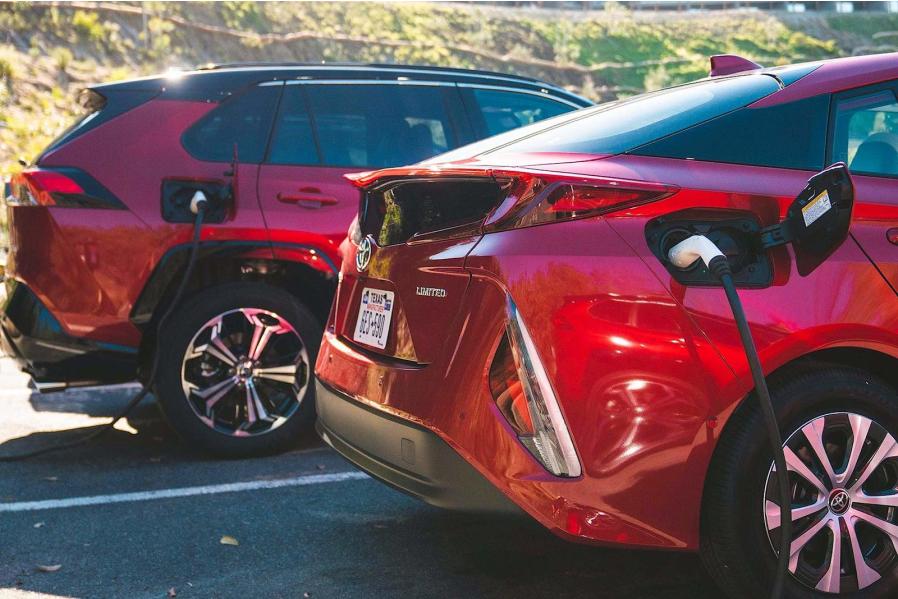Blog Posts
Dec 9, 2021
by Martin Bigg Electric Vehicles / 1 Comment
This will enable Toyota to produce battery packs for 1.2 million electrified cars a year.
Compared to other automakers, Toyota is late joining the EV revolution. Currently, the Japanese automaker doesn't sell any battery-electric vehicles, though this will change when the bZ4X, Toyota's first dedicated EV, goes on sale next year. Instead of only focusing on EVs, Toyota is embracing electrification by expanding zero-emission vehicle range with new hybrids, PHEVs, and hydrogen fuel-cell cars over the next few years.
Toyota could also have an advantage over the competition as the Japanese automaker has already begun testing solid-state batteries that will improve the ranges and charging times in its future EVs. To accelerate its electrification plans in America, Toyota announced plans to build a new factory in the US dedicated to battery production a few months ago.
The location was unknown at the time, but Toyota has confirmed the new battery manufacturing plant will be built at Greensboro in North Carolina. The location was chosen due to its renewable energy availability and support from local stakeholders.
Called Toyota Battery Manufacturing, North Carolina, the plant will open in 2025 and will have four production lines. Each production line will be capable of delivering enough lithium-ion batteries for 200,000 vehicles.
This will later be expanded to six production lines producing batteries for 1.2 million electrified vehicles per year. Toyota is investing $1.29 billion investment into the North Carolina factory's development as part of a wider $3.4 billion investment for US battery development and production.
Initially, Toyota will focus on producing batteries for hybrid electric vehicles including hybrids and plug-in hybrids. "The future of mobility is electrification and the Greensboro-Randolph Megasite is the ideal location to make that future a reality," said Ted Ogawa, CEO of Toyota Motor North America.
"North Carolina offers the right conditions for this investment, including the infrastructure, high-quality education system, access to a diverse and skilled workforce, and a welcoming environment for doing business. Today marks the beginning of a mutually beneficial partnership with the Tar Heel state as we embark on our journey to achieve carbon neutrality and provide mobility for all."



